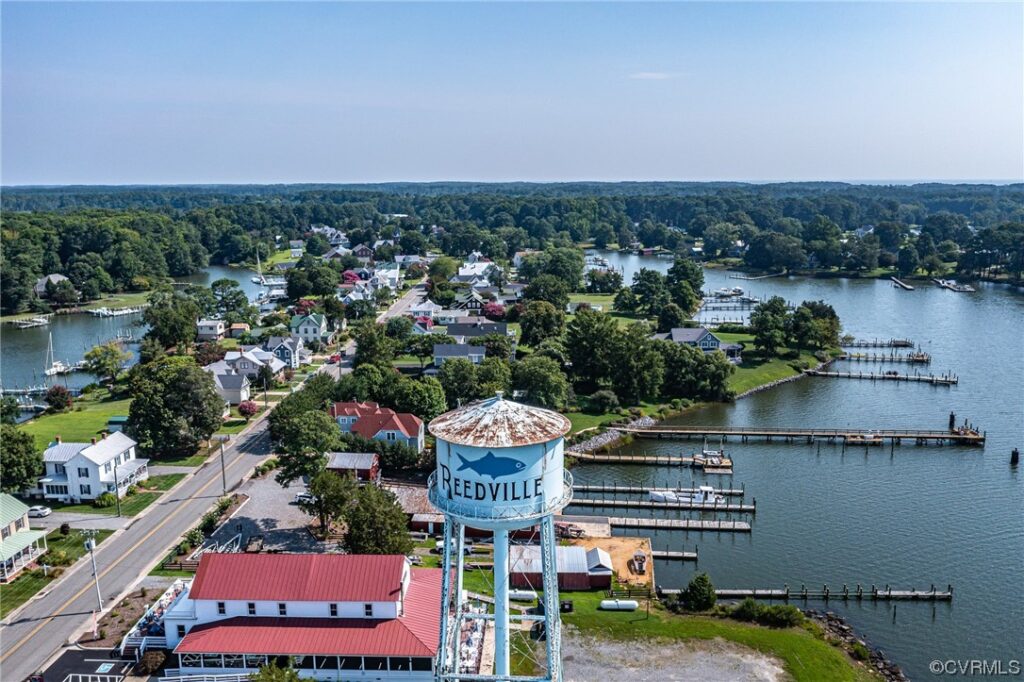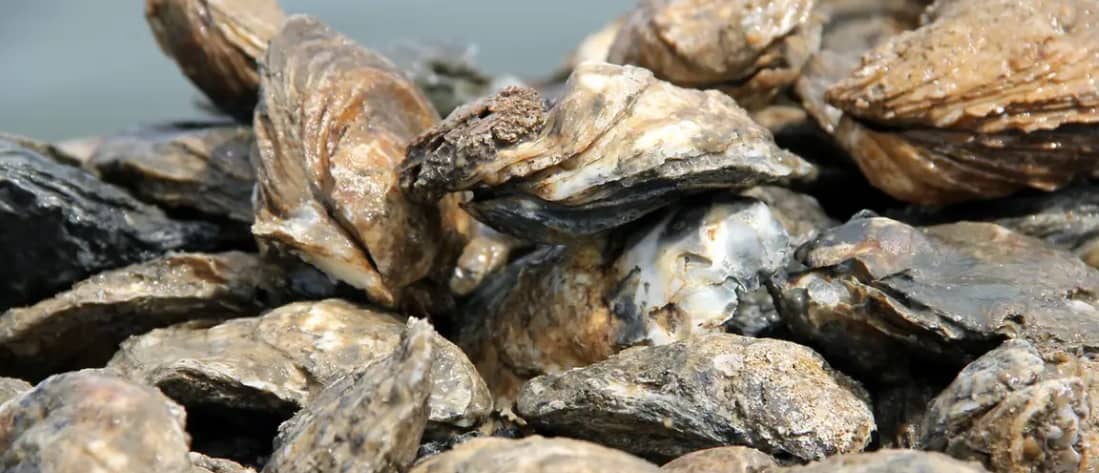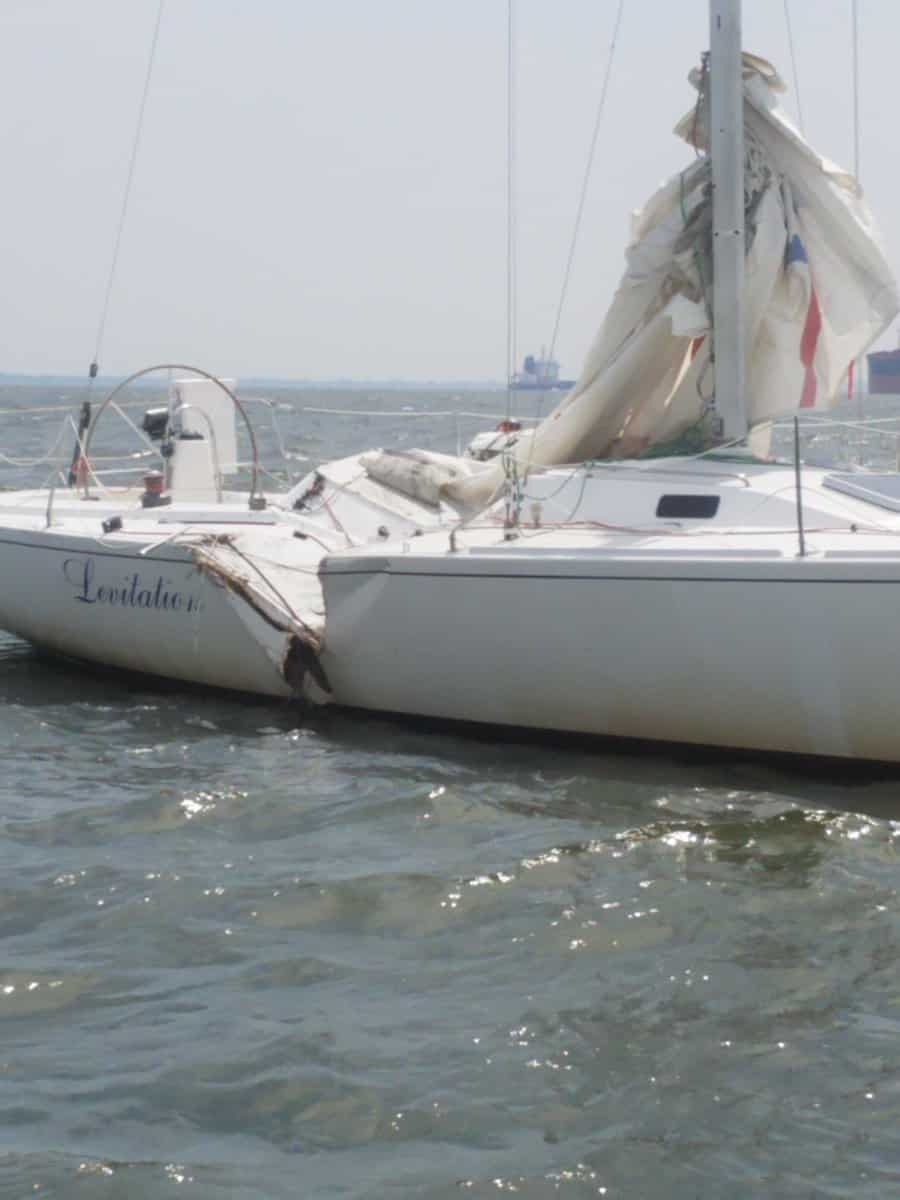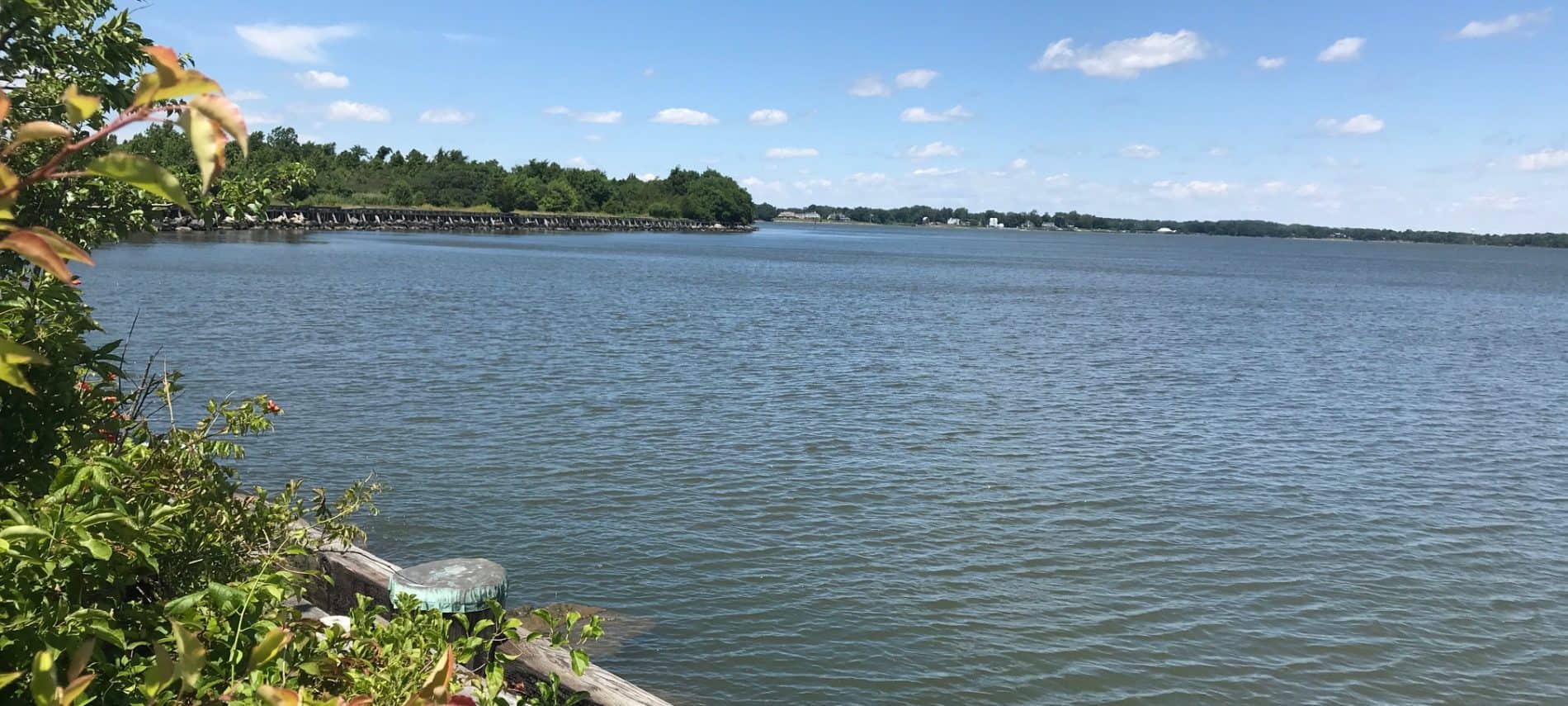The Reedville Fishermen’s Museum in Reedville, Virginia, will create a new space in the middle of town for the public to honor the town’s waterman tradition.
Helen M. Birkel recently gifted the museum 2.3 acres of land on Main Street in town to allow expansion for a watermen’s heritage park and to provide the community with more public space.
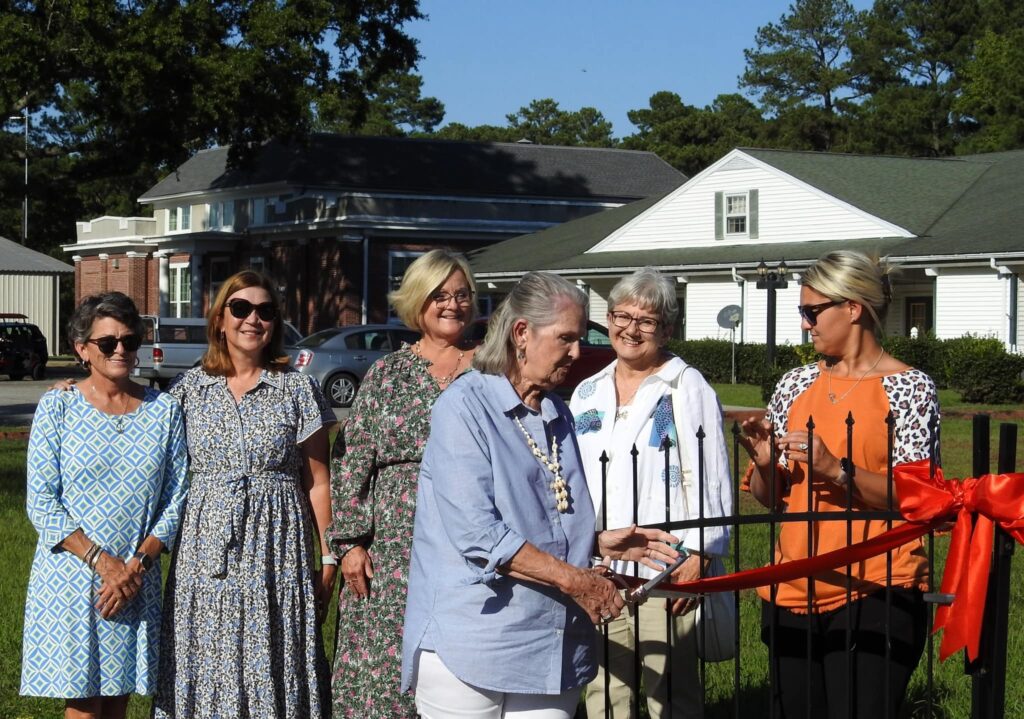
Since 1988, the Reedville Fishermen’s Museum has spread the story of Reedville’s commercial fishing heritage through programs and exhibitions. The cultural landscape of the unincorporated community of Reedvillle was shaped by the menhaden fishery that was introduced to Chesapeake Bay in the late 19th century by Maine fisherman Captain Elijah Warren Reed, the community’s namesake.
Reed started his fishing career working in New England’s ocean whaling fishery but found chasing menhaden, an inshore fishery, a bit less dangerous. He was pursing seining for menhaden out of his hometown of Brooklin, Maine in Herricks Bay when catches slowed down. So, Reed came to the Chesapeake Bay in 1867, founded the modern day menhaden fishery and is considered the father of the Bay’s fishery.
The museum’s executive director, Shauna McCranie, said, “The vision of the museum and park are to be a community beacon that immerses residents and guests to a rich, local heritage while encouraging education, exploration and engagement with maritime traditions.”
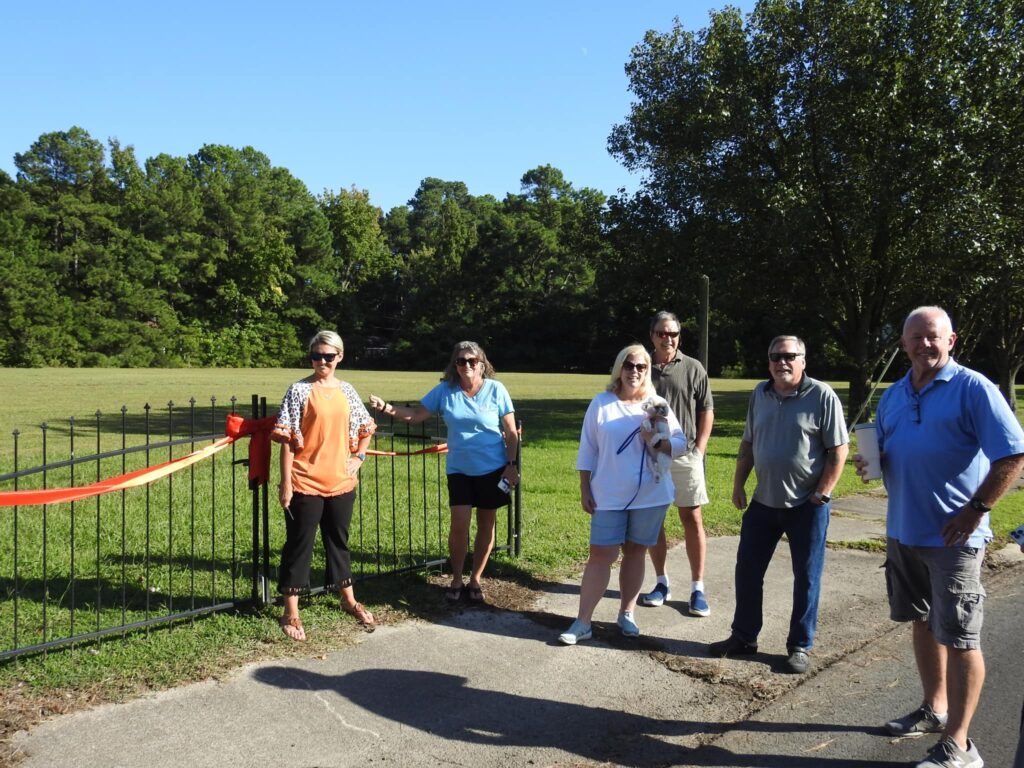
The plan is that watermen’s park will include an event pavilion with public restrooms, as well as historical exhibits that aim to preserve the maritime heritage of Reedville, said McCranie.
Reedville is in Northumberland County, and earlier in September the Northumberland Board of Supervisors approved a letter of support so the group could pursue grants to reinvent the open space.
Lifelong Reedville resident George Butler said that the location of the 2.3 acres on Reedville’s main street makes it a “great” spot for public use and events and that the land has a history of public use as it was the playground/sports field for Reedville Elementary School where Butler attended in the 1960s as an elementary school student.
“It is a perfect location for what the museum plans to do with it,” he said. “What a wonderful gift from Mrs. Birkel to our community.”

